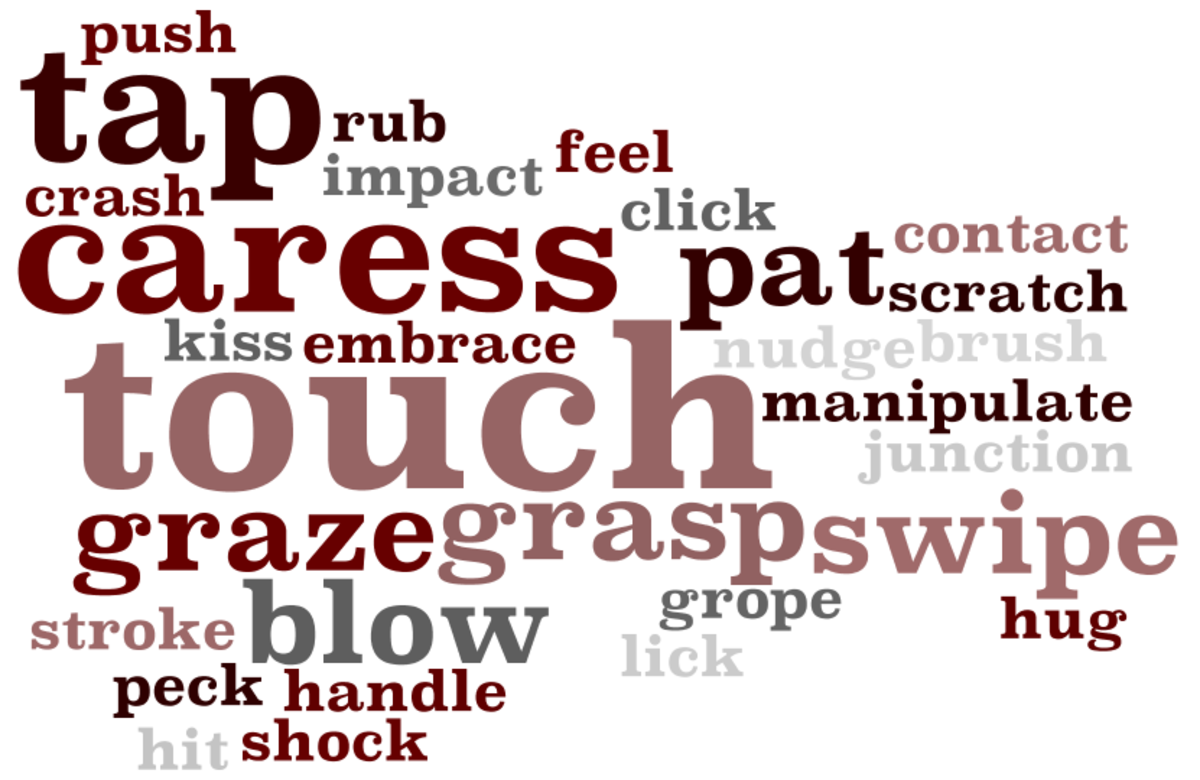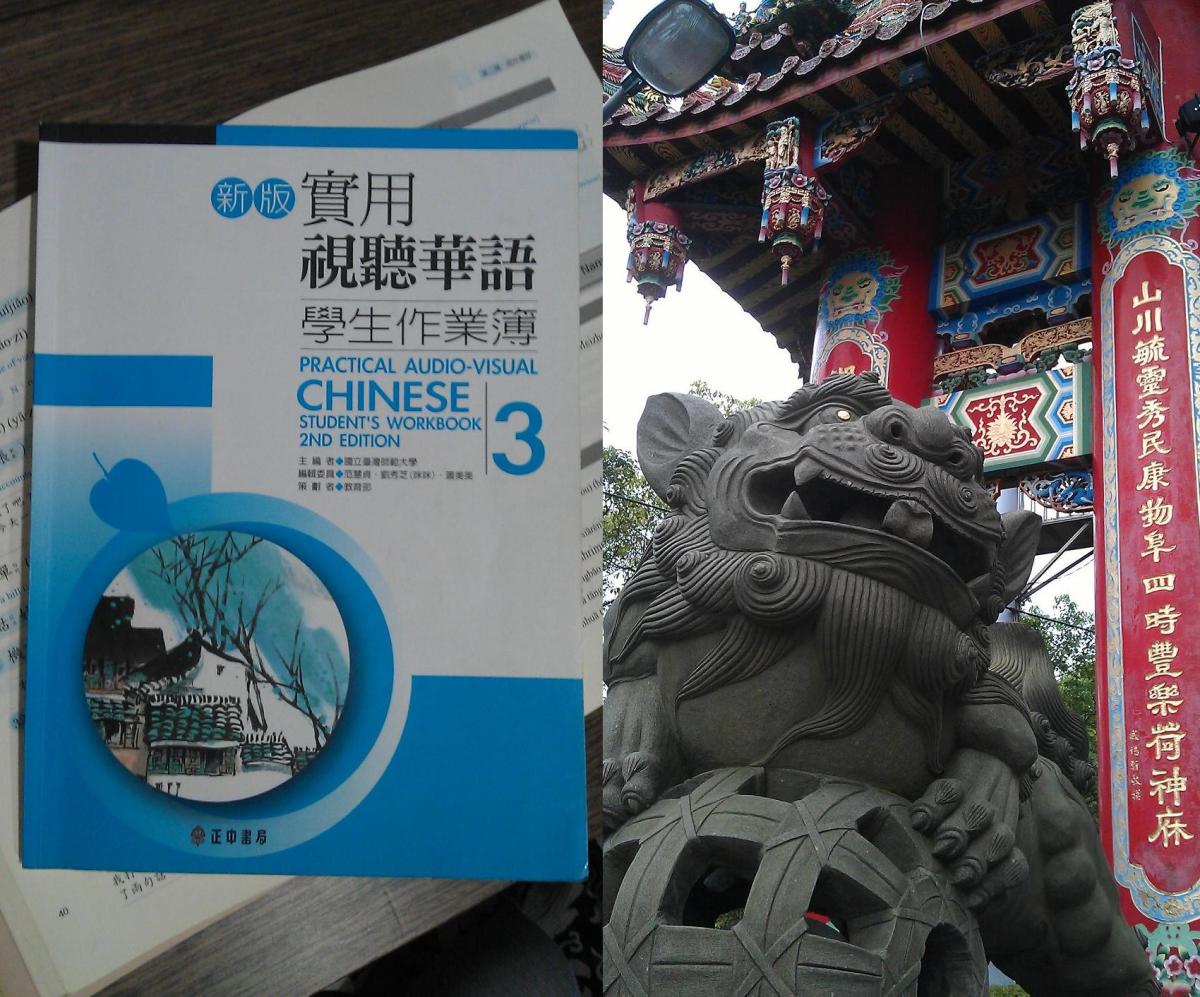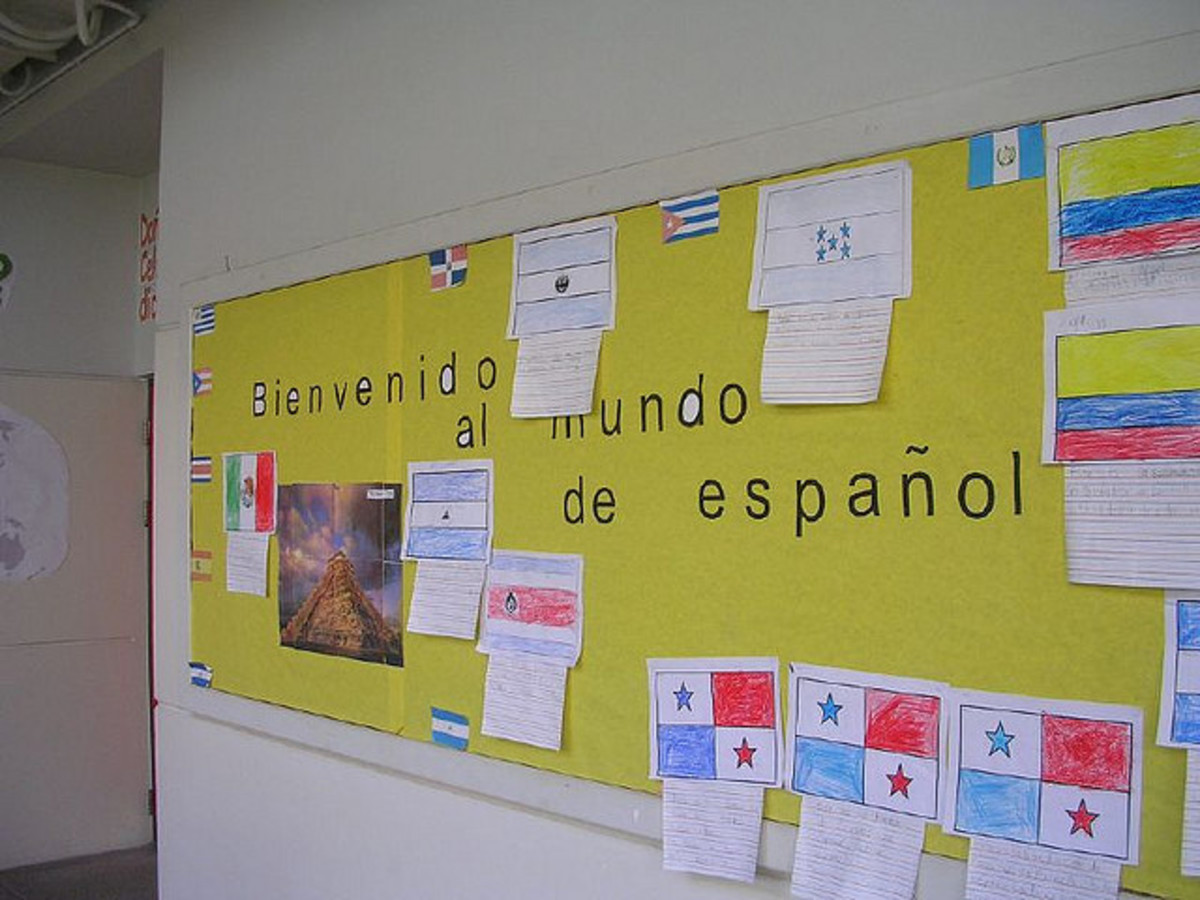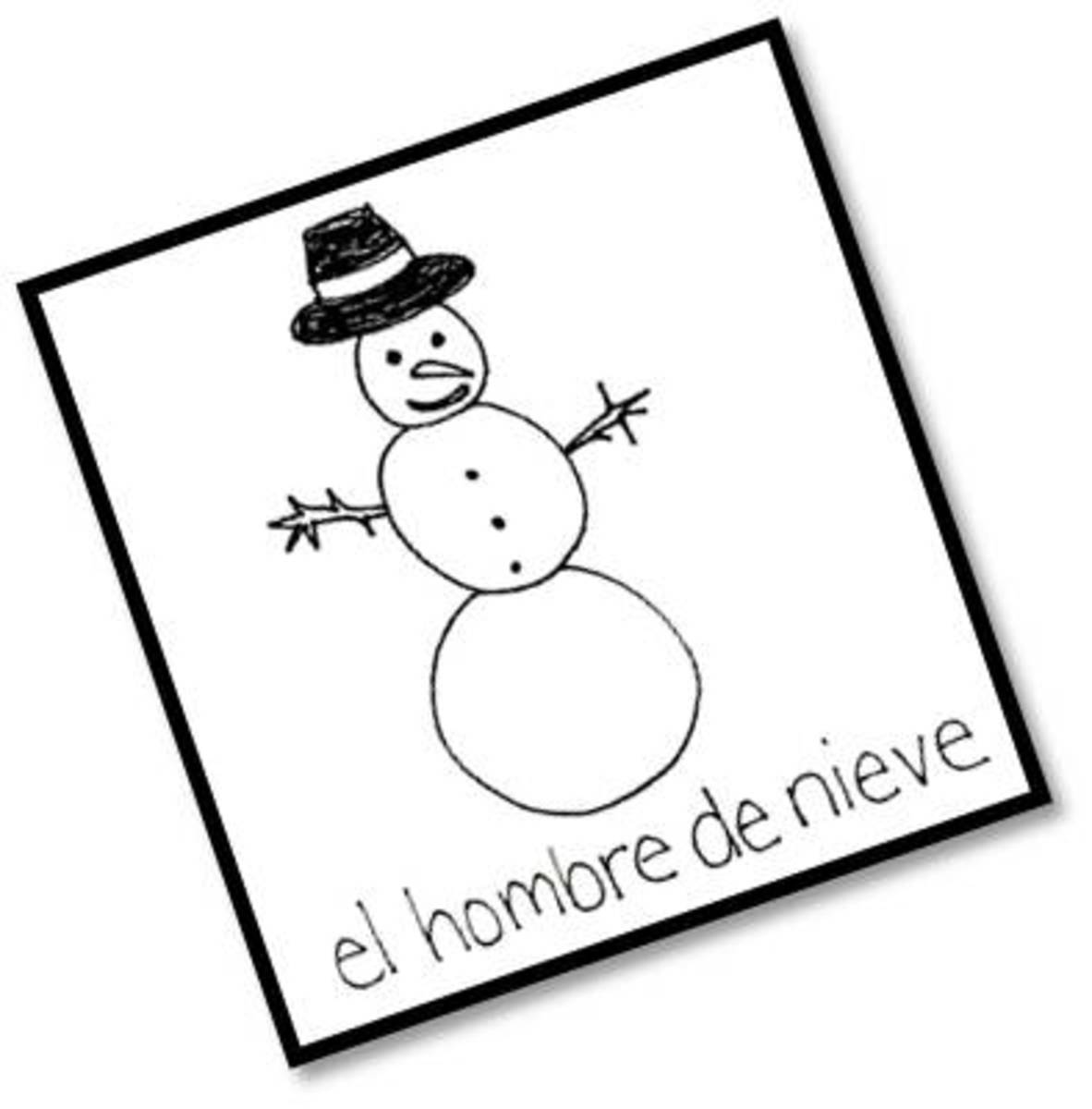Spanish Lesson Eighty-Five: Conditional Perfect

Hey Friends!
Welcome to Monday! I hope you all have had a great weekend and that things are going well. Today we're going to start working on our third to last Compound Tense. This begins our countdown to the LAST Spanish lesson EVER! I know... it's been pretty crazy. May 31st is my two year anniversary with HubPages, so I hope you'll congratulate me when that time comes. Also, note that I've begun to list out the final lessons that are coming up. If you have any suggestions, let me know and I'll to squeeze more information into a new lesson.
Thanks for all your support for reading. By the way, the next lesson will be May 19th. I will be taking a little breather from writing, so make sure you join me back on that date. There will be no more lessons for the next three weeks. Anyway, let's begin.

Today's Goals
- To Be Able to understand the uses of the Perfect Conditional
- To Be Able to conjugate Haber in the Perfect Conditional
- To Be Able to properly use the Perfect Conditional in everyday Spanish
Cómo Fue Tu Fin De Semana?
Conditional Perfect?
Hey friends!
So yes, we're beginning a new Compound Tense in the Spanish. This week we're going to work with the Perfect Conditional. I don't know if you remember the Conditional when we did the Simple Tenses, but this tense is pretty much the same except it utilizes past participles (like all Compound Tenses) and conjugation of the Haber (the helping verb). So this won't be difficult at all. It's an Indicative tense so there won't be any dealing with the subjunctive in this case.
But, we're still not done with the Subjunctive, so don't get excited about not having to deal with it. Anywho, check out today's vocabulary and move on to the lesson.

English Word
| Spanish Equiv
|
|---|---|
Truly
| Ciertamente
|
Right/Law
| El Derecho
|
To Boil/To Seethe
| Hervir*
|
Previously
| Anteriormente*
|
Brown
| Marrón
|
To Excuse
| Disculpar
|
River
| El Río
|
Fully
| Plenamente*
|
Of The Street/Stray
| Callejero(a)*
|
To Increase
| Incrementar*
|
Today's Vocabulary
Today's Vocabulary consists of a list of words obtained from SpanishDict's "Word of The Day". I highly recommend it if you're looking for some new words to work with. This list is actually one of few where a good bit of words I had never heard or seen before. Take a look at those and then see if there are some that you haven't seen before.
Sometimes I edit the list, take out the obvious and easier words that you should definitely know. You can always look up words online, subscribe to a Word of The Day, or even but an English-Spanish dictionary to look up words at your leisure. Try your best to expand your vocabulary!
Haber In The Conditional Perfect
Yo
| Tú
| Él/Ella/Usted
| Nosotros
| Ellos/Ellas/Ustedes
|
|---|---|---|---|---|
Habría
| Habrías
| Habría
| Habríamos
| Habrían
|
- To Express actions that would have happened but did not happen because of another occurrence or circumstance
- To Express the probability of an action that has already been completed (hypothetical)
Using The Conditional Perfect
Hey Friends,
Thanks for reading this week's lesson. This tense is used to express "I would have" or "I would have" in addition to a participle to complete the expression. Note that Haber in this case is irregular, losing its "e" before adapting the conditional conjugation from the singular tense. If you remember, it's all the same endings, just irregular in the sense of using it with Haber. Take note of the notes I mention to your right to show you why the Perfect Conditional is used. Today's lesson will only require some sample sentences.
Lo Él habría comido el jamón antes de la sopa. He had probably eaten the ham before the soup. As strange as this sentence sounds, it's a good example. Note the the D.O.P. is before the pronoun and not before Haber. It cannot go there. So it looks weird, but it can't go after the pronoun. Also note that this sentence discusses the probability of one action occurring before the other.
Ella habría mirado la televisión pero no tenía el tiempo. She would have watch TV, but she didn't have time. This sentence reflects the idea of one action not happening before another for some reason or another. This sentence is a great example of something not occurring because of something else. Note that "Tener" is in the imperfect and not the preterit. When discussing two actions in this manner, refer to the imperfect in this case.
This tense is pretty cut and dry and requires a bit of practice over time. It's not really all that hard and doesn't require as much work as some of the other compound tenses. Just make sure that:
1. You're referring to one action not occurring because of another event or circumstance (would have)
OR
2. You're referring to the probability of one action occurring (must have been, probably)
Thanks for reading this week readers, check out the video below for more information about this tense! Also, he has some practice sentences on a separate video if you're interested! Thanks! See you May 19th!
- Conditional perfect forms and uses
Learn about the Conditional Perfect and its uses - Google Translate
Translate from one language to another instantly! - Conditional perfect - Wikipedia, the free encyclopedia
Learn how the Conditional Perfect varies with different languages
Upcoming Lessons
Lesson Eighty-Six: How To Find A Penpal (5/19)
Lesson Eighty-Seven: How To Immerse Yourself in Spanish (5/26)
Lesson Eighty-Eight: The Largest Spanish Speaking Countries (6/2)
Lesson Eighty-Nine: Inexpensive Ways To Travel Internationally (6/16)
Lesson Ninety: Pluscuamperfect de subjuntivo (6/23)
Lesson Ninety-One: Winter (Activities) (6/30)
Lesson Ninety-Two: Spring (Activities) (7/1)
Lesson Ninety-Three: Summer (Activities) (7/14)
Lesson Ninety-Four: Fall (Activities) (7/21)
Lesson Ninety-Five: Compound Tense Review (7/28)
Lesson Ninetey-Six: Vocabulary Review #1 (8/4)
Lesson Ninety-Seven: Vocabulary Review #2 (8/11)
Lesson Ninety-Eight: Vocabulary Review #3 (8/18)
Lesson Ninety-Nine: The Benefits of Being Bilingual (8/25
Lesson One Hundred: Farewell Spanish Learners! (9/1)
© 2014 AE Williams







